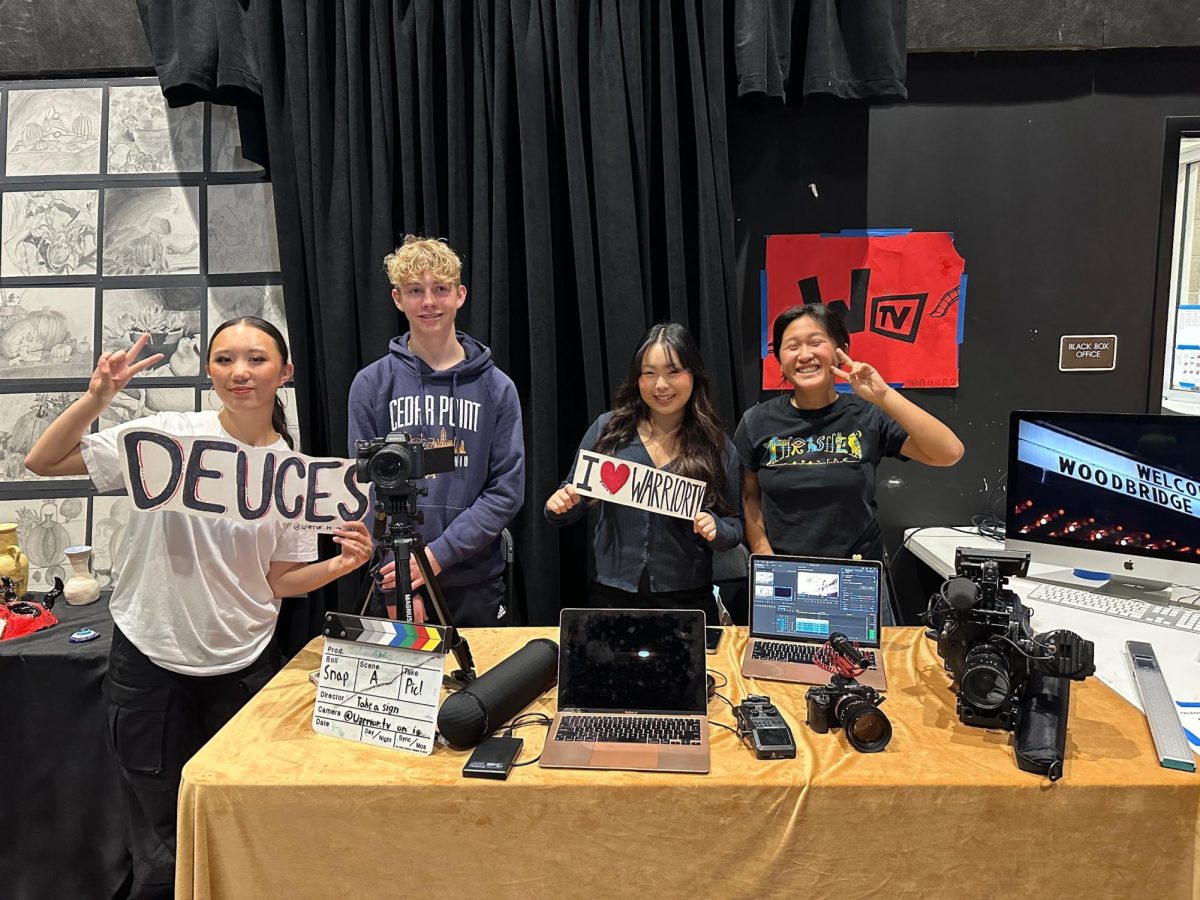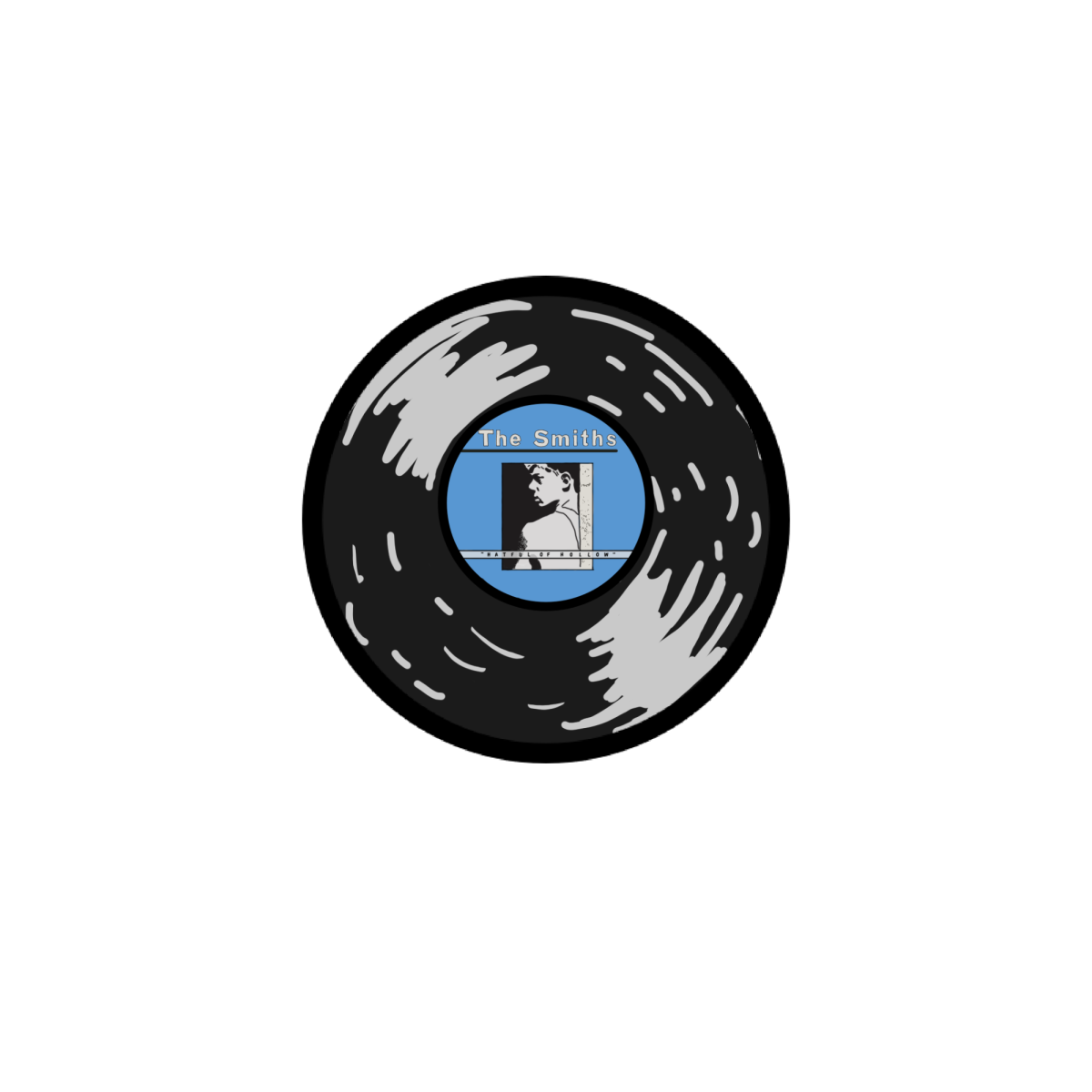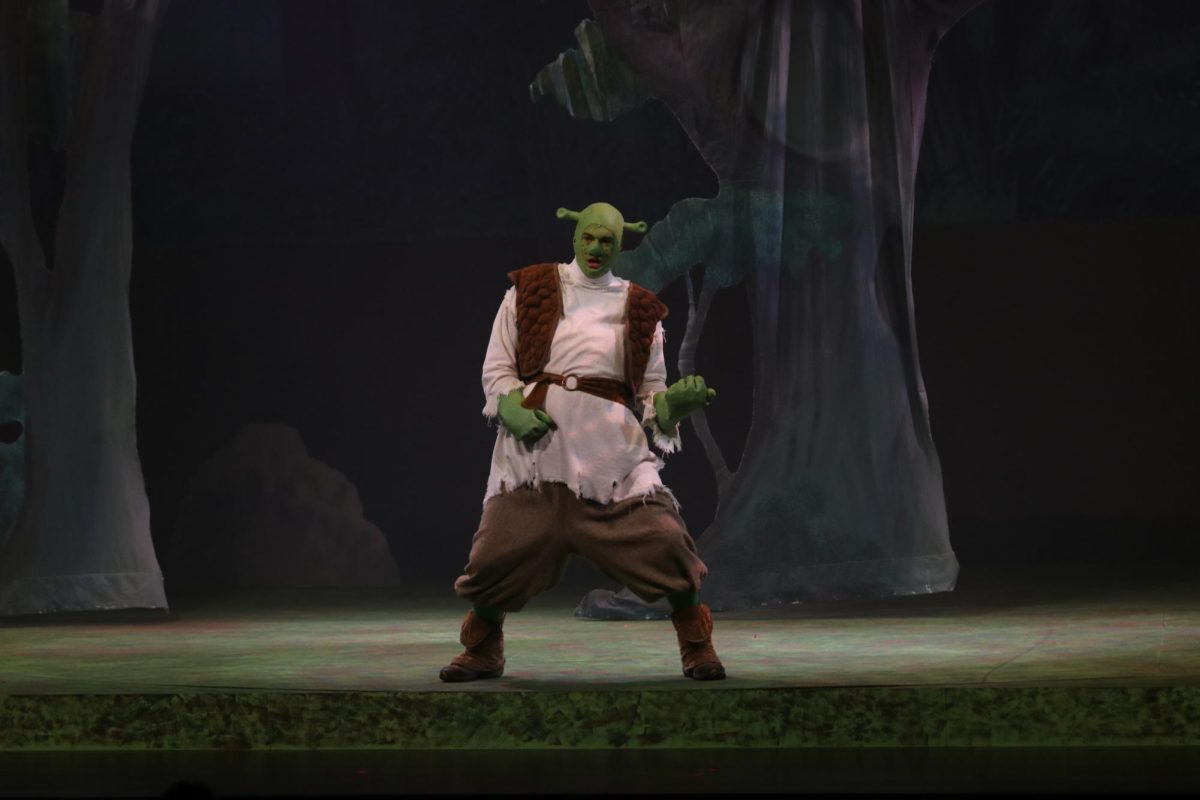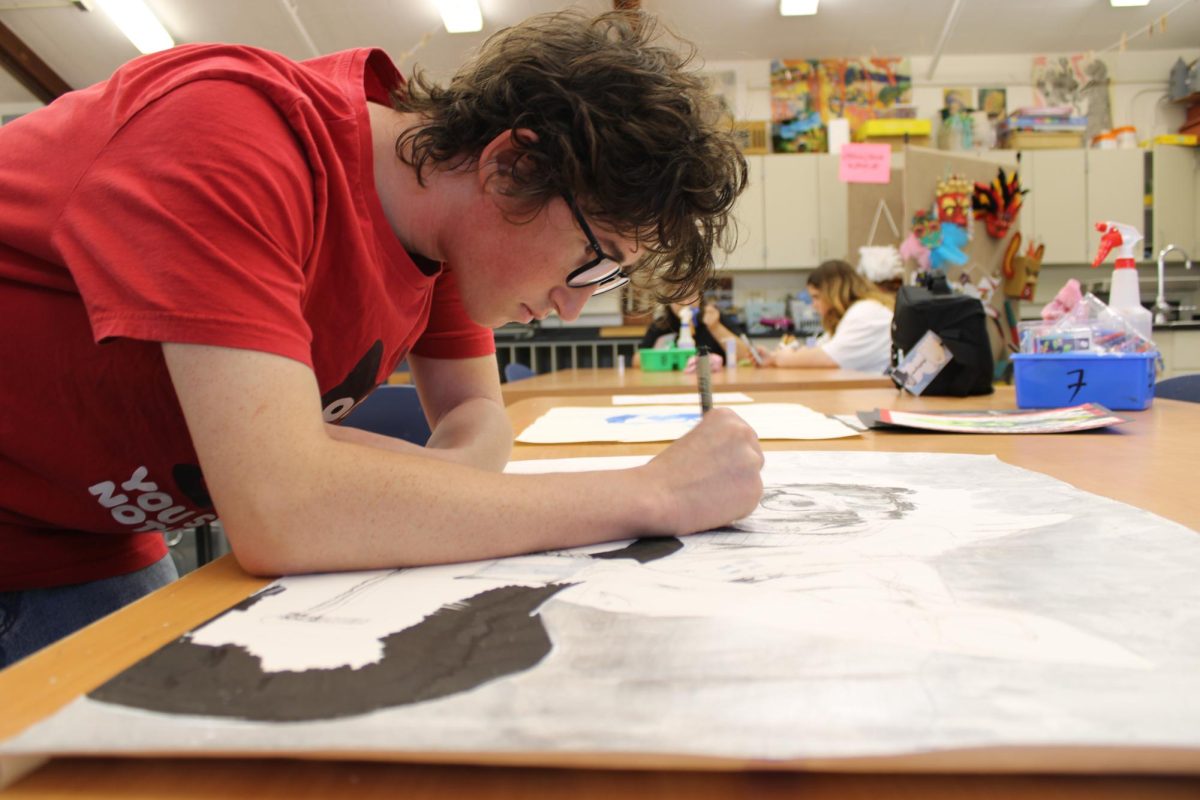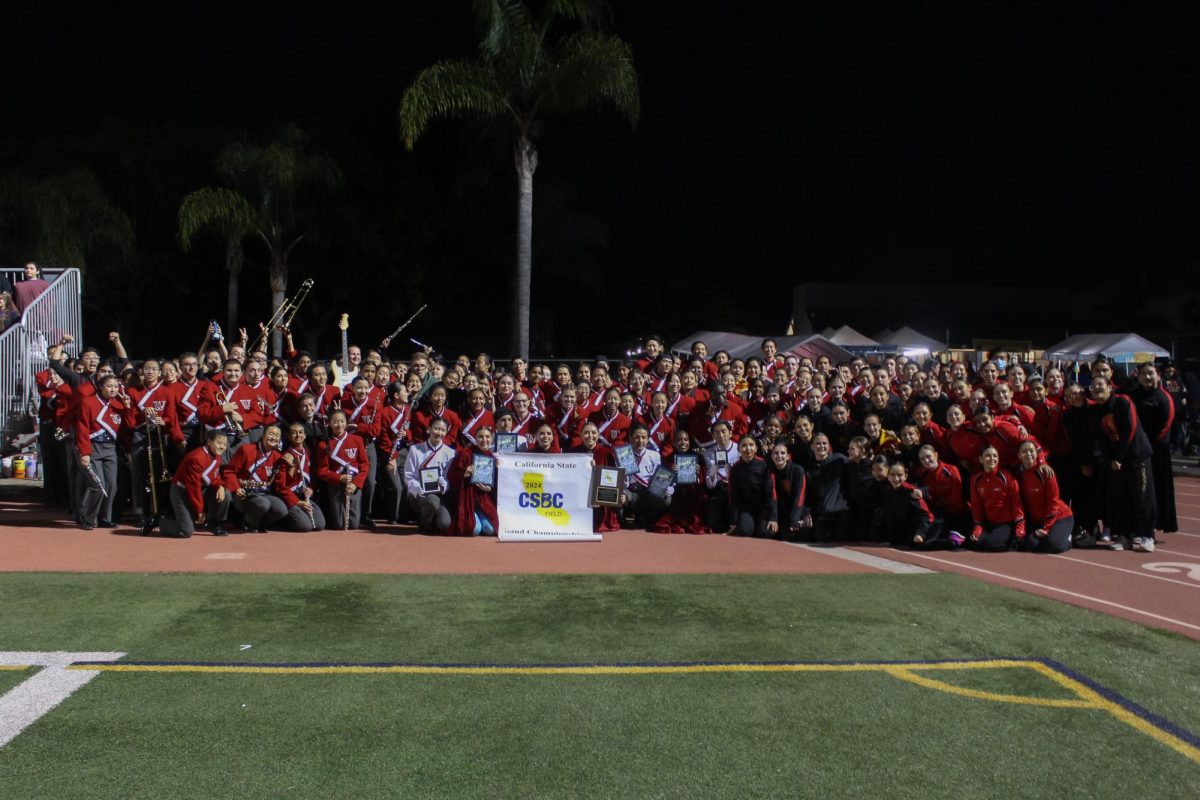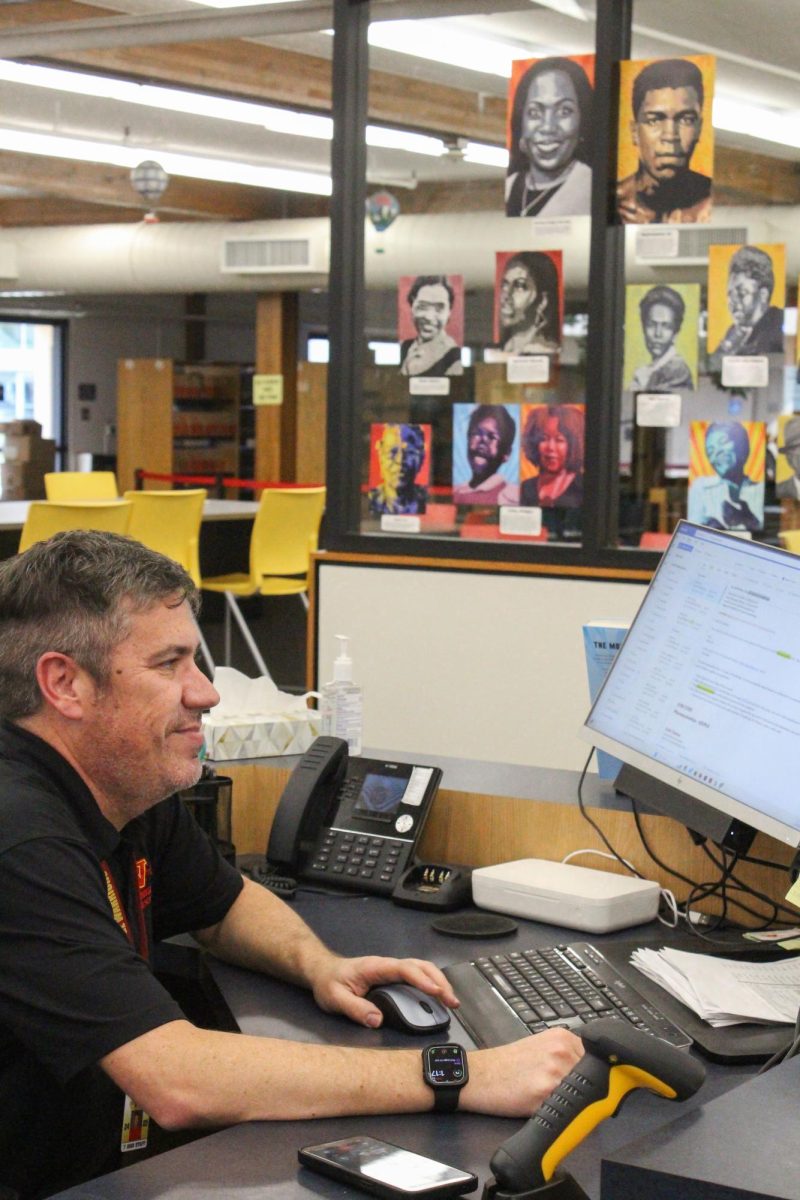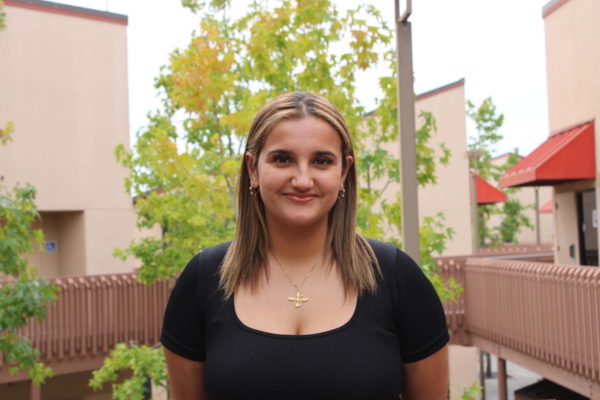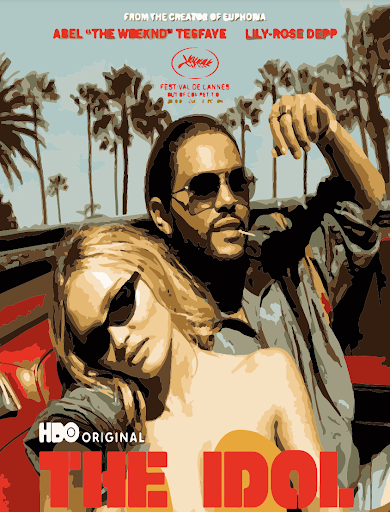
Home Box Office’s (HBO) show “The Idol” shocked television show watchers as they laid their eyes on the ludicrous show about young female pop star Jocelyn (Lily-Rose Depp) and her toxic relationship with club owner Tedros (The Weeknd) as told through the eyes of its creators: Sam Levinson, Reza Fahim and The Weeknd.
Despite the show’s mess of untenably dated misogyny and its divisive reception among critics, “The Idol” offered a mesmerizing soundtrack, much due to its guest appearances, including Blackpink’s Jennie, Lily Rose-Depp and Lil Baby, to name a few.
The Idol – Episode 1
The collection kicks off with producer Mike Dean’s lyric-less “The Lure (Main Theme),” better known as a four-minute ballad that belongs in a bittersweet moment of an action movie. Accompanied by The Weeknd’s chilling, tranquil vocals, the creators pull the audience into an empowering and chilly atmosphere. Think of being coated in a gust of snow, or even wind. The dank, dramatic tone provides The Weeknd with arguably some of the best sonic beds of his career.
Drastically changing the melodic mood that Mike Dean and The Weeknd set, Depp seems like an adored plastic princess in “World Class Sinner/I’m A Freak.” Personally, this song is always stuck in my head. The generic-pop H&M beat stays in my thoughts throughout first through eighth period. I can’t get enough of it, but at the same time, I might be sick of it. Everything about this song screams flop: the outdated visuals, the pseudo-shocking lyrics and the poor delivery, but I just can’t stop listening to it. The track opens on an alluring note, accompanied with an organ swell that builds up to Lily Rose-Depp’s feathery vocals, “Maybe it’s hard to see / When you’re lookin’ at me / But I do what I want / Don’t give a f*** at all (uh-uh)…I’m just a freak, yeah / You know I want it bad (I want it bad).”
The Idol – Episode 2
It’s no secret that The Weeknd and Future have collaborated before, and have proven that they have chemistry when it comes to producing lyrical works of art. “Double Fantasy [ft. Future]” opens with a lush saxophone solo accompanied with vibrant synths, which had an uncanny resemblance to the electro-jazz, ‘80s theme on The Weeknd’s 2022 album “Dawn FM.” Tedros’ self-indulgent narcissism shines through as he sings about captivating his partner and taking her for himself, “Temperature risin’, bodies united / Now that I trapped you in my arms / No need to fight it, no need to hide it / Now that I’ve seen what’s in your heart.” The singer builds up his toxic character and he knows he has the power to destroy everything he touches, but ends up keening over his love interest. Finally, rapper Future walks us through his own outlook on his unhealthy relationship, “You possess venom, that came with a charm / You get the good out me when I perform / I know the bad in you, that’s what I want.”
The Idol – Episode 3
In “A Lesser Man,” The Weeknd rids himself of his toxic persona for approximately five minutes and showcases vulnerability that no one could’ve prepared for. That persona accompanied with the singer’s angelic, tranquil vocals truly mesmerized me. The Weeknd masterfully delves into the complexities of perception and identity through a series of thought-provoking belts, “What you don’t even know / I’m a deadbeat man, never know when to fold, and / Spent a lot for your soul / You gon’ make that back, I’ma take what I own.” The repeated refrain of “I’m a lesser man than you think I am, f*** the rest of them” reinforces the theme of self-awareness and challenges the listener’s perception of the artist. The admission of being a “lesser man” carries a vulnerability that contrasts with the bravado often associated with The Weeknd’s persona. The repetition of this line emphasizes the internal struggle and the artist’s acknowledgment of his own limitations.
If I’d claimed that The Weeknd was vulnerable in “A Lesser Man,” nothing prepared me for “Take Me Back.” He’s defenseless in this heartbreaking ballad as he paints a picture of someone who has been hurt in the past by manipulative people. The Weeknd pleads his desire to turn back time and hold onto a love that has been lost, “I’ve been manipulated a hundred times, but / None of them felt so soft and kind, and / Hell is a place for what we tried, but /Never felt so wrong in my mind.” The plea to go back in time is poignantly expressed with “Take me back, take me back,” a desperate cry for a chance to undo the pain and salvage the lost love. The repetition of this plea reinforces the depth of the artist’s desire to rewrite the past and rekindle what was lost.
The Idol – Episode 4
“Fill the Void” by Depp, The Weeknd and Ramsey marks the transition from Jocelyn’s adored plastic princess persona to a mature, independent adult in possession of her own fantasies and fears. The ballad is bold and rough as it delves into the desire to escape self-reflection and find fulfillment by relying on someone else rather than making independent decisions. Depp expresses hesitancy towards being independent while grappling with her newfound solitude, “I don’t wanna decide things for myself, on my own / Finally, for the first time, I’m alone.” Enacting low-voiced vocals that are surprisingly effective, Depp pulls off the role of a wounded pop star with shocking accuracy, despite her career as an actress. In the third verse, The Weeknd takes the lead, exploring his infatuation with emotionally filling his own void, building a steady tone that crescendos to the chorus and outro, “You’re the one, you’re the only one / Baby girl, we could both have fun / Oh, I choose you to fill your void, yeah.” The Weeknd’s haunting vocals in the outro leave a lasting impression, echoing the longing felt throughout the song. The repetition of “woah” serves as a resonating echo, marking the emotional journey the listener has just experienced.
Arguably one of the best songs on the track, “One of the Girls” was a long-awaited duet between Blackpink’s Jennie, Depp and The Weeknd as the three’s different tones of their voices weave harmoniously like a braid. Dean crafts a synthy beat that allows the singers to work well musically. Despite the overly explicit lyrics, this track is essentially a big moment for Jennie, as her K-pop trained voice is heard in an entirely new light, reigning her voice to a soft rhythm and finding a path for her voice to run down, “Trade my whole life just to be / Top of the world but I’m still not free / It’s such a secret that I keep /Until it’s gone, I can never find peace.” The lyrical content takes a bold and explicit turn, bordering on overshadowing the enchanting beat. Despite the magical musical arrangement, the explicit nature of the lyrics becomes a focal point that might leave some listeners taken aback.
The Idol – Episode 5, Part 1
“False Idols” by Lil Baby and actress and musician Suzanna Son (odd mix) tells a tale of the theme of idolization, especially in Hollywood. The ballad starts with an out-of-world synth beat that zeroes in on Lil Baby and Son cautioning people to be careful who they perceive as gods, hinting at the superficiality of fame. Son’s simple, yet powerful chorus brings a sense of spiritual yearning, longing for a higher power to help her achieve growth and enlightenment, “Watch us over like a God / Makes you hurt again / So you can heal and say amen.” In the midst of Lil Baby’s rapping and Son’s chorus, The Weeknd takes the stage in the second verse and acknowledges Los Angeles’ corrupt industry manipulation and fabrication of artists’ reputations, “L.A filled with fake prophecies / They hate it when you get on top / Magazines tarnish legacies.” Son closes the song with hauntingly beautiful vocals that emphasize the idea of a divine force coming to fix, redeem and rebirth, “He is coming / He will find her / He will fix her / And make us better, ooh / Like a God in the sky watchin’ over you / Would you hide in his hands and you’ll be brand new?”
The Idol – Episode 5, Part 2
The Weeknd and Depp unite one last time on “The Idol ” soundtrack to gift listeners with hypnotizing vocals that pair perfectly with Mike Dean’s other-worldly production. “Dollhouse” kicks off directly with Depp’s tantalizing vocals that lead the way to a synth beat that paints a story of the narrator being stuck in a relationship, represented by a metaphorical dollhouse, unable to seek freedom. The narrator is expected to conform to standards of perfection through Depp’s vocals, “Keep me in the dollhouse, dressed up, perfect, messed up / Just prop me with my head high (oh, oh).” The bridge introduces The Weeknd’s voice, portraying the opposing perspective of the partner who exercises control, “On control / But I want your love / You’re no victim, baby.”
Highlighted Tracks
“Family” – The Weeknd [ft. Suzanna Son]
In episode two of “The Idol,” The Weeknd worked with actress and musician Suzanna Son for “Family,” a song powered by stripped-down production that is designed to make listeners take this song to heart. Mike Dean introduced a soft, vulnerable beat that set the ballad far apart from its catchy counterparts on the album. Son does the heavy lifting for the most part of the song and speaks of a life that is tarnished by complex familial relationships, and how her family has broken her trust with everyone in her life, “That’s my family / Oh, we don’t like each other very much / Oh, I’m okay with that / But it breaks my mother’s heart.” As Son’s melodic voice resonates with beauty and pain, The Weeknd subtly joins in, adding his unique touch to the narrative. His delivery, wrapped in an enigmatic charm, seems to subtly guide the emotional narrative, leaving an impression of influence that treads the line between powerful and manipulative. Subtle yet commanding, The Weeknd’s vocals linger in the background, making an indelible impact that is impossible to overlook.
The heart of “The Idol” lies in its original music, showcasing virtuosity and excitement. Pop music’s traits like moral ambiguity and reliance on audience interpretation, which work well in the genre, struggle in the show’s need for logical plotting and a clear moral core. Despite the show’s shortcomings, its soundtrack stands out as a success, proving that pop music itself is the ideal medium for a subtle and subversive commentary on pop stardom; the soundtrack excels where the television show falls short.



